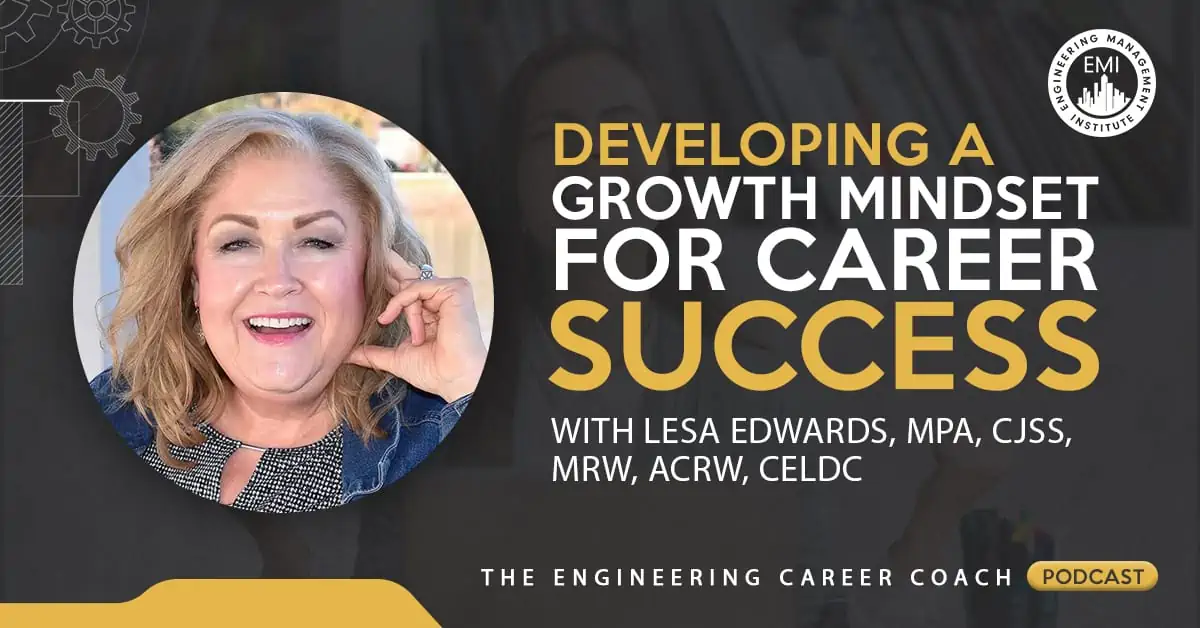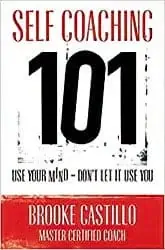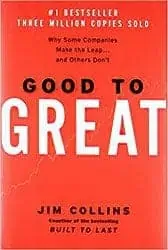Podcast: Play in new window | Download | Embed
In this episode, we talk to Lesa Edwards, MPA, CJSS, MRW, ACRW, CELDC, a Master Resume Writer, Certified Job Search Strategist, Certified Executive and Leadership Development Coach, award-winning podcaster of The Exclusive Career Coach, Master Practitioner of the Myers-Briggs Type Indicator, and international speaker on job search topics. We talk about how you can develop a growth mindset to act as a primary tool for career advancement.
Engineering Quotes:
Here Are Some of the Key Points Discussed About Developing a Growth Mindset:
- Develop a growth mindset to be aware and in control of your entire range of emotions and purposefully think of what you want to think of. When you continue to think a thought, it becomes a belief. A belief is stored in your subconscious and is impacting who you are. The first step to develop a growth mindset is by building awareness of your thoughts. If you start looking for a job with the mindset that there are no jobs available, you will not give your entire effort to finding a job, and you will go through the job search steps with the wrong energy.
- Brooke Castillo, from The Life School Coach, has a model based on the acronym CTFAR. This model will help you to find the best way to get what you want.
- C – Circumstance: The circumstance you are currently experiencing.
- T – Thought: Your thoughts about your circumstance.
- F – Feeling: How you feel about your thoughts.
- A – Action: What action you will take.
- R – Result: Based on the last four steps, is the result what you want?
- One of the best ways to learn to separate your circumstance from what you are feeling and thinking about your circumstance is to get a coach. Having a coach’s perspective helps you learn how to get the proper perspective to separate your circumstance from your feelings and thoughts.
- Our brain is our real estate, and we get to think about what we want. Change the way you think of things that you do not like. Instead of thinking that you do not like your job, change your thoughts to say that you do have a job. This way of thinking is for your benefit. It will make your experience with any difficult area in your life better.
- We often have “mental manuals” for people that outline how we think they should behave. If the person behaves differently to your manual, then you get to decide what it means. If you place your biases on people, you will run into problems. Remember that you cannot control other people. Let other people be other people because they will do what they are going to do, and you cannot control them.
- When it comes to job searching, the definition of insanity is appropriate. The definition of insanity is continually doing the same thing but expecting to get different results. If you have been searching for jobs but always get the same outcome, applying for more jobs, in the same way, will not get you different results. You must be willing to be brave and try different things. If you decide to do something different that is difficult for you, reward yourself once you have done it. Many engineers find networking to be difficult. If you go out and network anyway, reward yourself.
Here Are Three Job Search Tips and Strategies:
- Understand the difference between passive and active job search strategies. A passive strategy is a strategy where you are not in control of the outcome. Things like job boards and talking to recruiters are passive strategies. An active strategy is centered around networking and having conversations with the people in your network. The conversations should be centered around your “fit” with their company, even if there are no jobs posted. Remember, good companies always find the right people and place them in the right place in the company. Your job search strategy just out of college should comprise 25% active and 75% passive. Your mid-career strategy should be 50% passive and 50% active. Later in your career, your strategy should be 25% passive and 75% active.
- The answer is yes. If you have any questions or want to follow up with a recruiter or a company, the answer is yes. If you are unsure about something or want to know how your performance was in the interview, feel free to ask them for feedback or an update.
- Professional stalking. Get creative about how you find people who are key decision-makers in the company you want to work for. Almost everyone is on social media. Do some research about their interests, and find a place where you could meet up with them “by accident.” The key to professional stalking is not letting that person know that you have been stalking them, so always act surprised when you meet them. It is a great way to interact and intersect with the people you want to work for.
More in This Episode…
In the Take Action Today segment of the show, Lesa talks about the importance of calendaring in your job search.
About the Guest, Lesa Edwards, MPA, CJSS, MRW, ACRW, CELDC
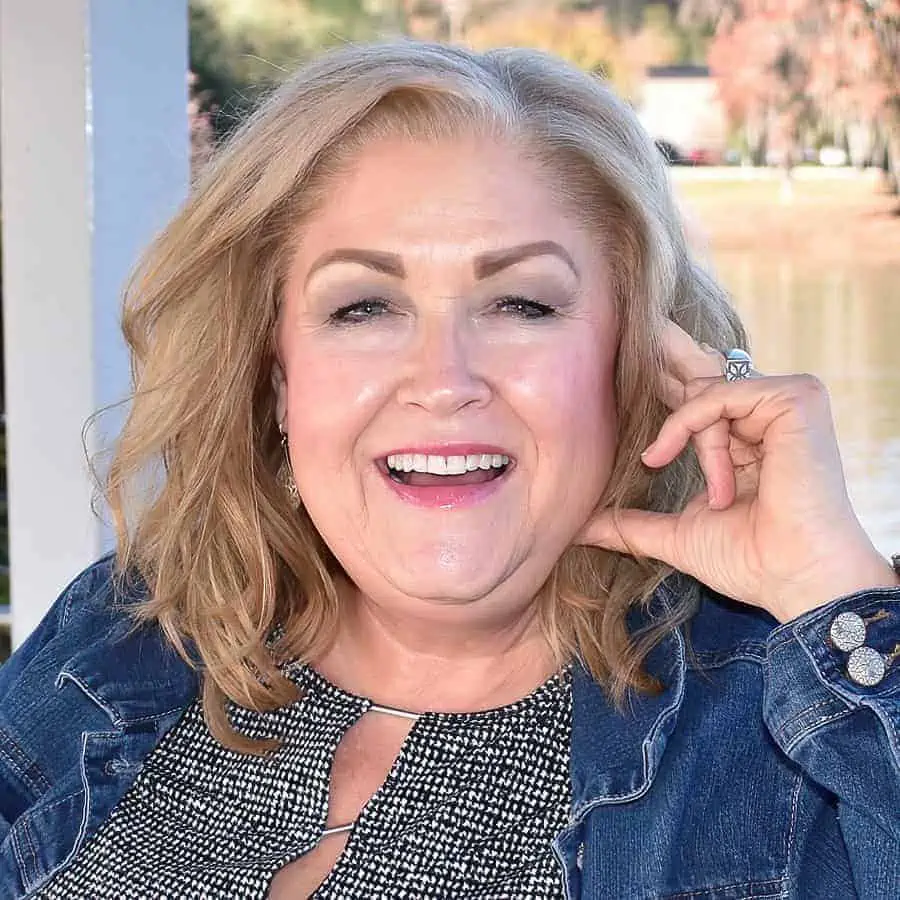
Lesa is focused on helping high-achieving, mid-career professionals navigate their career and job search by preparing their marketing documents (resume, cover letter, LinkedIn profile) and creating customized job search plans, including how to network, how to maximize LinkedIn, interviewing skills, and salary negotiations.
She has presented for organizations including the National Association of Colleges and Employers, Diageo, Topps Corporation, Capital City Bank, Walton County Sherriff’s Department, and Florida Virtual School.
Lesa holds a Master of Public Administration degree from Columbus State University and a bachelor’s degree in music education from Florida State University.
About the Host, Jeff Perry, MBA
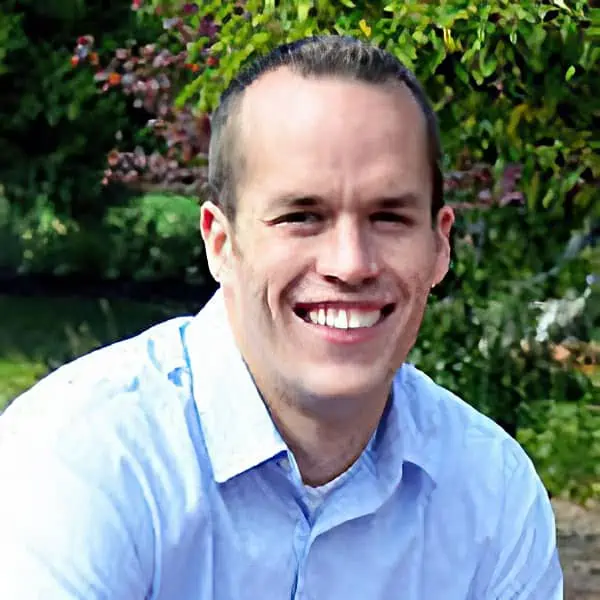
You can connect with Jeff on LinkedIn at https://www.linkedin.com/in/jeffcperry/ or visit his website, https://morethan-engineering.com. Jeff also has a new, FREE, on-demand training course for engineers who are job searching or in job transitions. You can see it at https://engineeringcareeraccelerator.com.
Books Mentioned in This Episode:
Good to Great: Why Some Companies Make the Leap and Others Don’t
Resources and Links Mentioned in This Session Include:
Exclusive Career Coaching
Life Coach School
Connect with Lesa Edwards, MPA, CJSS, MRW, ACRW, CELDC on LinkedIn
This Episode Is Brought to You by Washington State University
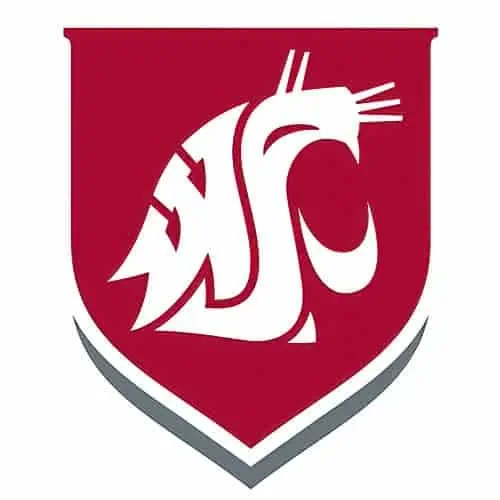
We would love to hear any questions you might have or stories you might share on developing a growth mindset for career success.
Please leave your comments, feedback, or questions in the section below.
To your success,
Jeff Perry, MBA
Host of The Engineering Career Coach Podcast
